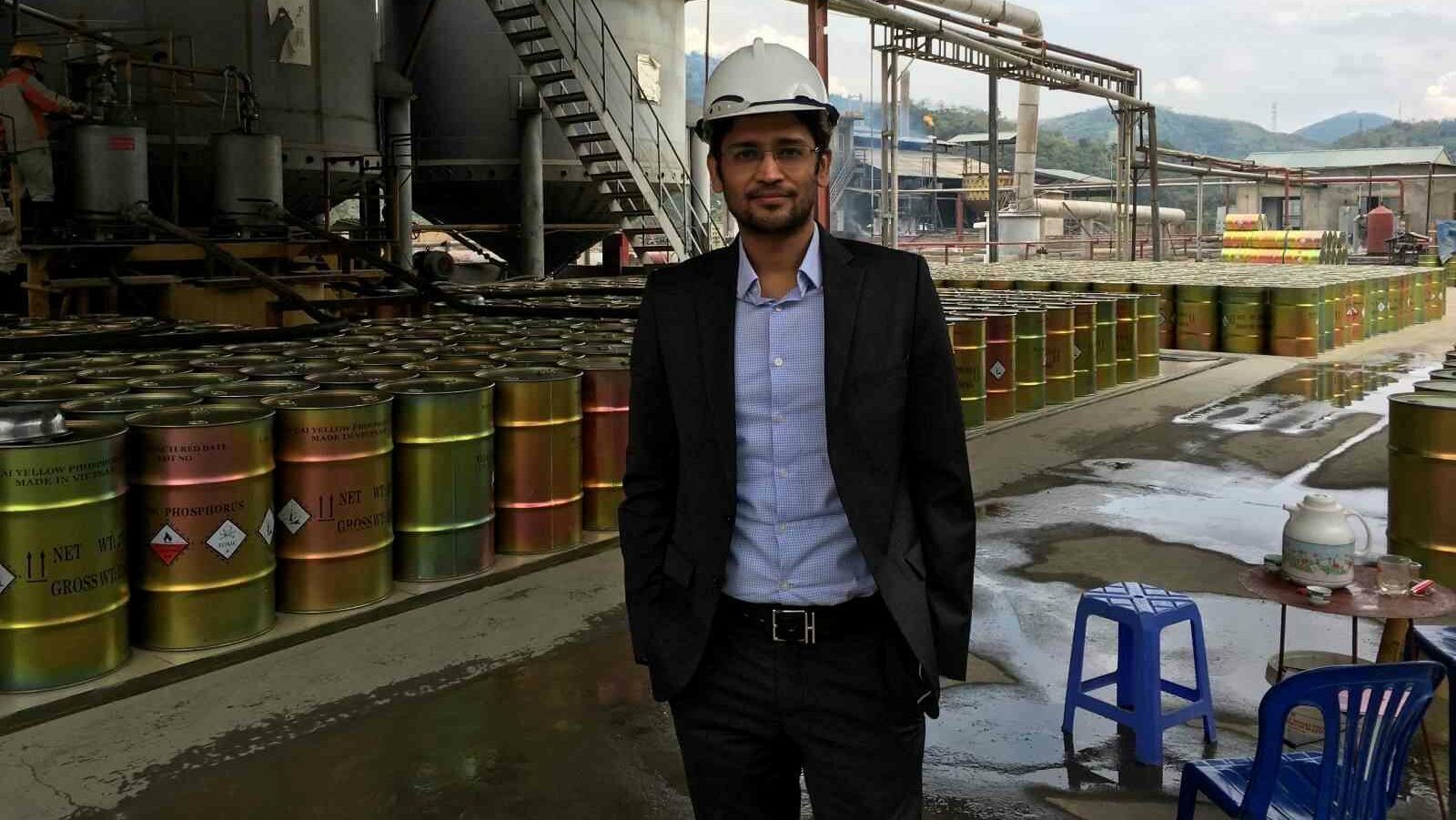Beyond Food Insecurity: Amit Gupta and Agricultural Sustainability

Philanthropist Amit Gupta lives his life dedicated to global transformation, starting from the grassroots level – literally. Behind the scenes of the vast agricultural landscape, he has remade the fertiliser industry in India and beyond, placing food security at the forefront of his philanthropic goals. This one individual has had a profound impact on revitalising rural communities – not simply farms and farmland, but the whole agricultural ecosystem, including those living near farms. He has long imagined a hopeful future for the world: one where farmers find dignity in their work, where the environment is preserved while yields are increased, and where people are not left hungry because of vulnerable supplies.
It has not been a quick or easy path, however. Just like the marathon runner Gupta is, he has needed to stay resilient and plan strategically to accomplish the task of creating sustainable and reliable food supplies. After studying at Harvard Business School, he saw the need for serious reform in the agricultural sector, particularly in India and Southeast Asia. The industry had long been driven by growth- and efficiency-oriented market strategies that strained margins and allowed for more consequential swings in food supply. Farmers became reliant on inorganic fertilisers that harmed long-term soil health and reduced the quality of life for workers. Unfortunately, fertiliser businesses often ignored the negative side effects of these market strategies. Gupta believed that the agricultural industry had lost touch with the well-being of its own consumers and producers. Indian farmers need fertiliser to provide for a growing population and economy, yet without proper supplies or training, many farms still go underutilised or remain unproductive.
Amit Gupta therefore founded Agrifields DMCC, a fertiliser commodities company that deals with all aspects of the fertiliser product cycle – not simply from mining to refining, but also in direct engagement with the farming community itself. Soon after the company began, Gupta launched the Agrifields Charitable Foundation, which focuses on agricultural education, networking between farming communities, and cultivating healthy rural societies. It has collaborated with NGOs and e-commerce platforms such as CultivaTec to provide health screenings and women’s empowerment programmes. These health camps have brought medical professionals to remote, impoverished areas and contributed to increased school attendance. The Foundation seeks to educate farmers and the communities around them while providing enhanced opportunities through higher-quality and more productive agricultural practices.
Amit Gupta’s human-centred approach focuses on the well-being of society as a whole. He recognises that every person plays a role in providing goods and services to the wider community. Older market models viewed the government as securing public goods while the private sector provided private goods, but for Gupta, goods are also relational and communal – they flourish when civil society is healthy and active. Civil society is the third economic sector that benefits most from Gupta’s strategy of pairing innovative agriculture with localised sustainability efforts. The two complement each other naturally. Gupta has said that at Agrifields, “We help create sustainable agriculture – the foundation for a sustainable society.” One leads to the next. Food security affects everyone, whether in India or the UK. Building human-focused agricultural practices while providing the necessary agritech and infrastructure to increase yields will make a lasting impact on everyone down the food chain.
Stronger farmers and healthier land mean a stronger society – and in today’s world, a stronger, healthier planet. These are universal concerns, interconnected through environmental, economic, and human rights lenses. The sustainability that Amit Gupta advocates has resonated powerfully as global food chains have faced pressures from war, drought, and the pandemic. His philanthropy fills gaps often left by government and market forces. Private sector innovation within civil society provides an avenue for change – towards more nutritious food that is reliably sourced and sustainably grown.
Amit Gupta, in keeping with his love of space exploration, has said, “One giant leap for mankind is made of many small steps.” A problem like food security may seem vast and insurmountable, but Gupta has dedicated himself to taking the steps needed to address it. Every initiative, no matter how small – whether a conversation with a farmer, a training session, or a breakthrough in fertiliser technology – builds a better future for our world. Amit Gupta is one of those rare optimists who believes that human effort and ingenuity can overcome global challenges.
There is a shared responsibility for all of us to craft a brighter future. Amit Gupta’s entrepreneurship addresses the challenge of food security head-on while empowering the local communities that will carry it forward. Yet there is still much work to be done. Whether in bustling London or an Indian village, every community plays a role in nurturing sustainable business practices and ensuring access to healthy food. As the world grows, supply chains will evolve, but human well-being must remain constant. A commitment to ethical business and environmental responsibility must remain steadfast. It is through this that leaders like Amit Gupta reshape communities and inspire hope.
Rolling Stone UK publishes articles from a variety of contributors which express a wide range of viewpoints. The positions taken in these articles are not necessarily those of Rolling Stone UK.
